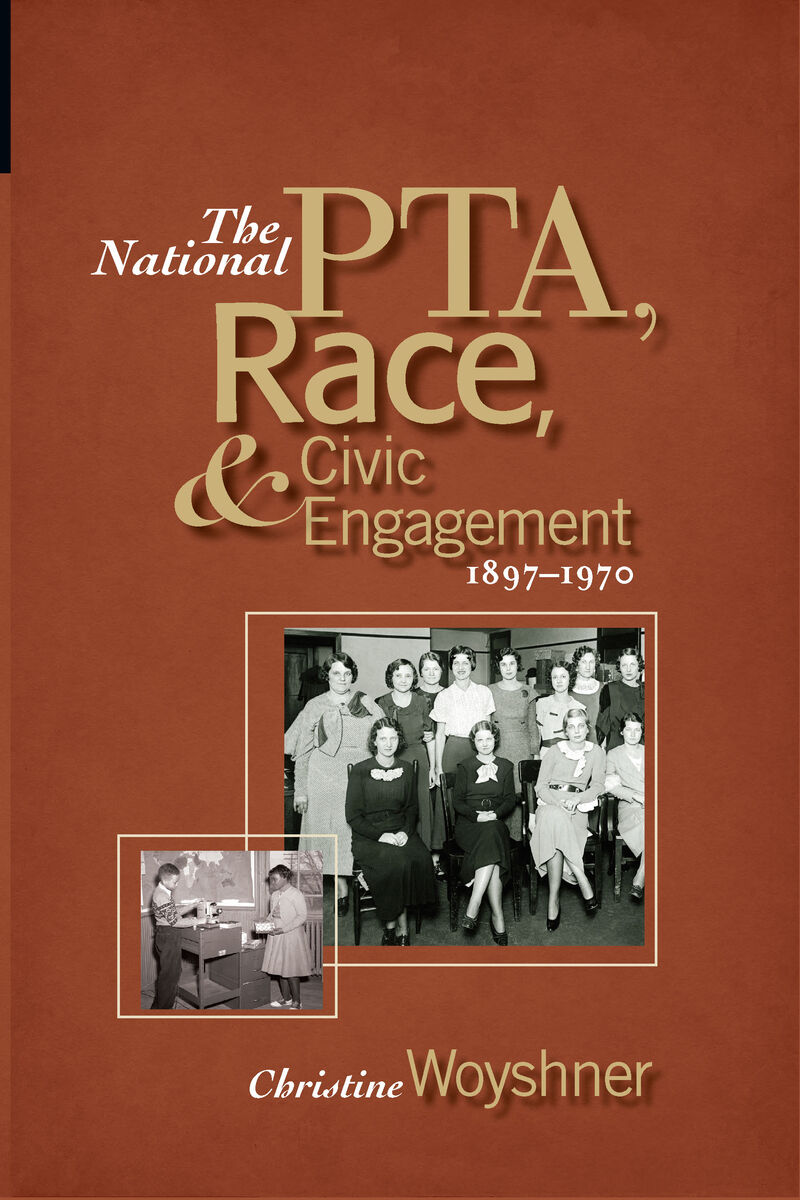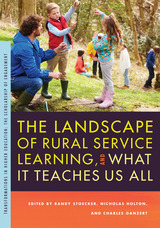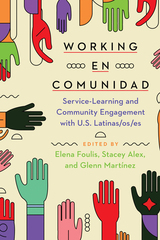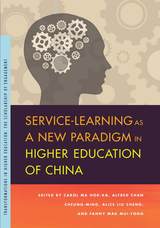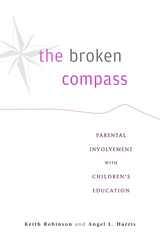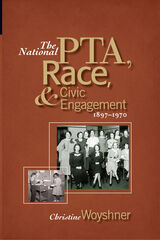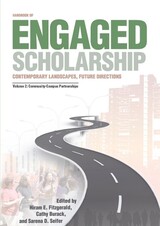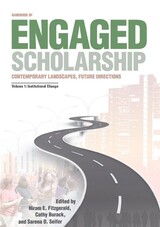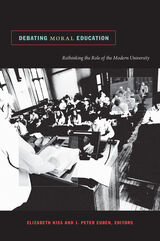The National PTA, Race, and Civic Engagement, 1897–1970
The Ohio State University Press, 2009
Cloth: 978-0-8142-0755-0 | Paper: 978-0-8142-5766-1 | eISBN: 978-0-8142-7929-8 (individual) | eISBN: 978-0-8142-7170-4 (institutional)
Library of Congress Classification LC225.5.W69 2009
Dewey Decimal Classification 371.19206073
Cloth: 978-0-8142-0755-0 | Paper: 978-0-8142-5766-1 | eISBN: 978-0-8142-7929-8 (individual) | eISBN: 978-0-8142-7170-4 (institutional)
Library of Congress Classification LC225.5.W69 2009
Dewey Decimal Classification 371.19206073
ABOUT THIS BOOK | AUTHOR BIOGRAPHY | REVIEWS | TOC
ABOUT THIS BOOK
Founded in 1897 as the National Congress of Mothers, the National Parent Teacher Association (PTA) was open to African American members but excluded them in practice. In 1926, a separate black PTA was created to serve the segregated schools of the American South. After the Brown v. Board of Education decision in 1954, black and white PTA leaders faced the difficult prospect of integrating all national, state, and local units, which resulted in a protracted unification process that lasted until 1970.
In The National PTA, Race, and Civic Engagement, 1897–1970, Christine Woyshner examines the PTA in relation to its racial politics and as a venue for women’s civic participation in educational issues. Her argument is that the PTA allowed for discussions about race and desegregation when few other public spaces, even the schools, did so during this time. The PTA, the largest voluntary educational association in the twentieth century, has over the course of one hundred years lobbied for national legislation on behalf of children and families, played a role in shaping the school curriculum, and allowed for participation of diverse community members in dialogue about the goals of public schooling.
See other books on: 20th Century | Education | Parent participation | Race | United States
See other titles from The Ohio State University Press
